Honoring and Celebrating All Veterans this Veteran's Day
Prior to 1954, November 11th was known as “Armistice Day'' a celebration and honor to only those who served in World War I. In 1954, President Dwight D. Eisenhower officially declared November 11th in the United States as Veteran’s Day to honor all those who had served on behalf of the U.S. in all wars. This change to incorporate all those who had dedicated their lives to the protection of the United States, opened space to transform the way we celebrated service on November 11th.
Fast forward to now, almost 70 years later, and the spectrum of service for veterans has continued to grow just as it did from 1918 to 1954. According to The Costs of War Research Series, four times as many veterans and active duty service members have died by suicide than those who have died in combat. While many service members (more than 2.5 million in the Post-9/11 era to be exact) have spent time supporting efforts of foreign wars across the globe, resulting in associated mental health challenges, the large majority of service members have never seen combat.
When talking about mental health in the military community it’s easy to stigmatize someone’s service based on their combat exposure or lack thereof. These stigmas have kept conversations around mental health and suicide from occurring in this community. The more than 16.8 veterans that die by suicide each day in the United States, include both those who have served overseas and those who have not. When we shift from looking at military service as a hierarchy and view it as a spectrum instead, we are able to remove stigmas and see contributors to suicide without stacking them. Things such as toxic leadership, burnout, access to weapons, lack of access to adequate mental health care, and exposure to combat and non combat related trauma can deeply affect how a service member views their place in the veteran community. This viewpoint gives heavy weight to whether or not a service member seeks help.
As we take today to honor all those who have served (both with combat experience and not) it’s important to Remind Everyone Deployed IT’S OK NOT TO BE OK®. All veterans, regardless of their deployment status, branch of service, length of service, gender, sexuality, intersectionality, and more, deserve to talk about their mental health. Validating the differences in service experiences among all veterans who have served means having proactive conversations about mental health and respecting the dignity of the individual.
To learn more about the spectrum mentality, and how to have proactive conversations around mental health in your spheres of influence, visit peervention.org to explore upcoming Project R.E.D Team education opportunities. If you’re looking to learn more about social service and mental health resources available in your specific community visit www.hftd.org/find-help and type in your zip code! If you or someone you know is experiencing thoughts of suicide, the national suicide prevention resources available to this community are listed below. We’re in this together.
National Veterans Crisis Line
(800) 273 - 8255 + 1 or Text 838255
Substance Abuse and Mental Health Services National Helpline
(800) 662- HELP (4357)
National Sexual Assault Hotline
(800) 656 - HOPE (4673)
Frontline Responder and Military Services National Helpline
(866) 676 - 7500

